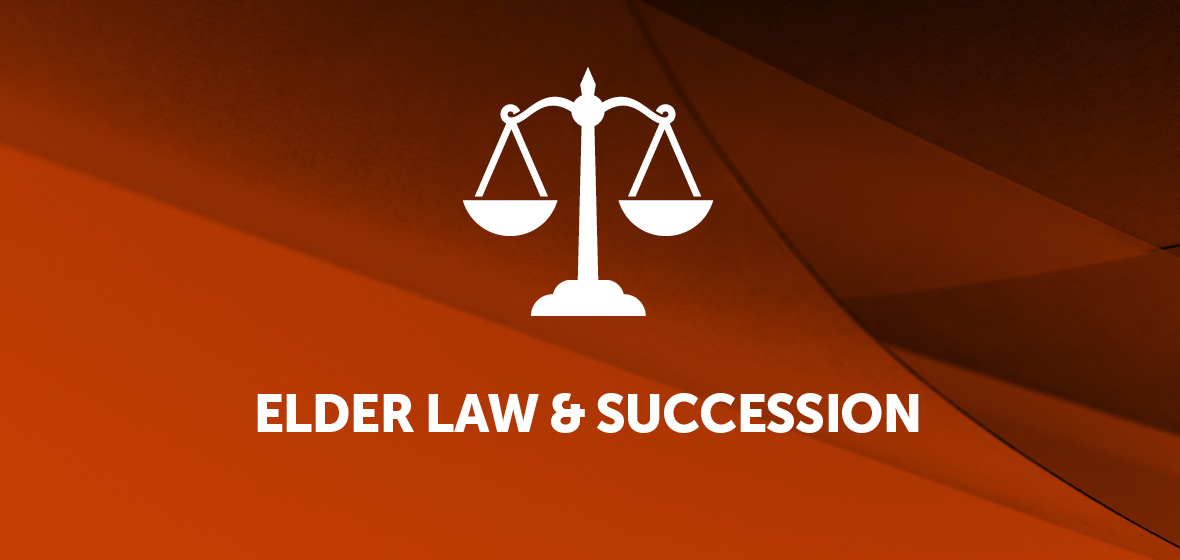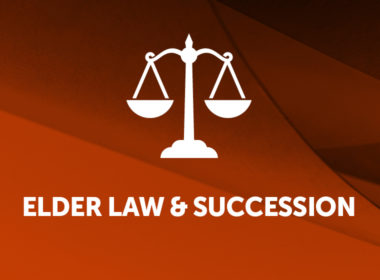Key decisions
- In the estate of Pryor [2023] ACTSC 170 (Ademption)
- Reynolds v Bonnici [2017] NSWSC 828 (Ademption)
- Tong v Tong [2023] ACTSC 163 (Equitable undue influence)
- Wehbe v Giotopoulos [2023] NSWSC 827 and Wehbe v Giotopoulos (No 2) [2023] NSWSC 934 (Formally invalid will)
- JUW [2023] NSWCATGD 3 (Restrictive practices)
- YCS v YCW [2023] NSWCATAP 183 (Revoking a power of attorney)
- ZXJ v ZXK [2022] NSWCATAP 371 and ZXJ v ZXK (no 2) [2023] NSWCATAP 76 (NCAT costs order)
- Re MacDonald [2023] QSC 149 (Limited grant of administration)
Ademption by gift before death
On 28 June 2017, Bruce Pryor made a will giving 25 per cent of the residue of his estate to Wesley College Sydney University. On 17 July 2017, Brujen Pty Ltd (‘the company’) donated $2 million to Wesley College. The company was described as a tax effective vehicle used by Pryor to carry out his and his wife’s personal wishes (In the estate of Pryor [2023] ACTSC 170 (McWilliam J) at [51]) (‘Pryor’). Mr Pryor died on 19 or 20 July 2017. The residue of his estate was worth over $24 million.
The executor of Pryor’s will sought a declaration as to whether the $2 million donation by the company was effectively an advance payment of Wesley College’s beneficial entitlement (at [23]). The law recognises an ademption in at least four different situations (Reynolds v Bonnici [2017] NSWSC 828 (Lindsay J) at [39]). One of these situations is where a will prospectively provides a gift for a particular purpose and the will maker subsequently makes an inter vivos gift for the same purpose (Pryor at [29]).
The Court found it unnecessary to decide whether the first condition for an ademption was established but considered that, having regard to substance not form, the company was the same person as Pryor (at [54]). As to the second condition, having regard to the evidence of the basis for the company’s donation and the terms of the will, the Court was not satisfied ‘that there is such an identity between the gift by will and the subsequent inter vivos disposition to support an inference that the inter vivos gift was made in anticipation, and fulfilment, of the testamentary gift’ (at [67]).
The proceedings were dismissed. The costs of the parties were paid out of the estate given the executor’s costs were payable by the estate, the costs of Wesley College were to be paid by the executor, and the executor was entitled to an indemnity for those costs from the estate (at [106]).


